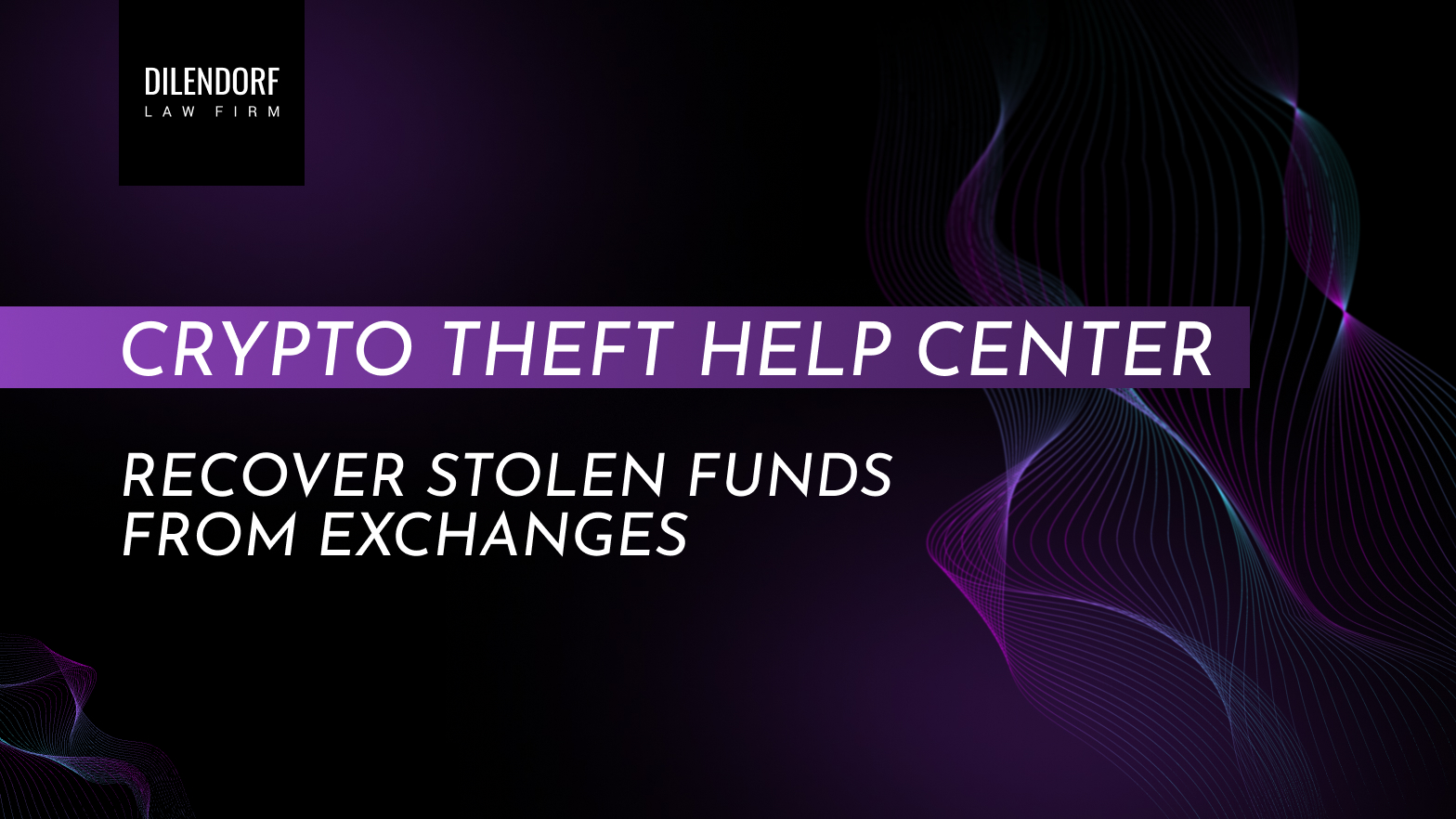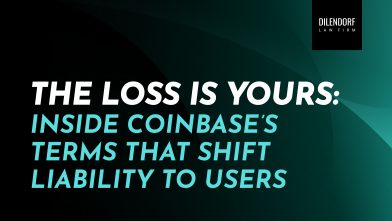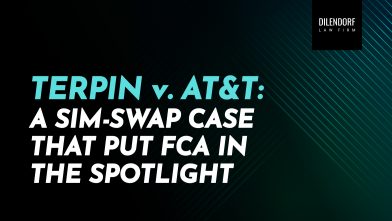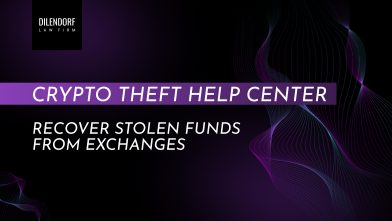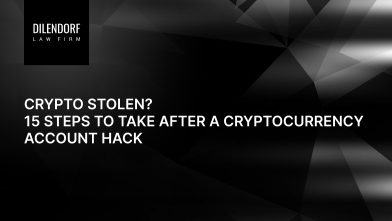NYDFS Bitlicense: Gold Standard for U.S. Crypto Consumer Protection
If your crypto was stolen from a U.S. exchange such as Coinbase, Uphold, Binance or Kraken, you might be wondering: What was the exchange supposed to do to protect me?
New York’s BitLicense rules are widely seen as the country’s gold standard for crypto consumer protection. Many large exchanges serve New Yorkers and therefore follow New York’s standards across their whole platform—no matter where you live.
Bottom line: Even if you’re not in New York, you can still point to these expectations when you talk to the exchange or prepare an arbitration claim.
Who This Applies To
The New York Department of Financial Services (NYDFS) says the guidance applies to “all virtual currency business entities that are either licensed under 23 NYCRR Part 200 or chartered as a limited purpose trust company under the New York Banking Law (the ‘VC Entities’).”
If an exchange operates in New York, it’s under this umbrella and is expected to meet these standards. In practice, large exchanges typically use the same controls nationwide, not a weaker version for non-NY customers.
What the Standard of Care Looks Like
1) Detect, Prevent, and Respond to Fraud
NYDFS: “VC Entities are required to implement measures designed to effectively detect, prevent, and respond to fraud, attempted fraud, and similar wrongdoing; and market manipulation is a form of wrongdoing about which VC Entities must be especially vigilant….”
What this means for you: Exchanges should have tools that spot risk early, block or hold suspicious activity, and move fast when something looks wrong (unusual logins, new devices, sudden withdrawals).
These protections should work on both the front end (login/withdrawal security) and the back end (monitoring, alerting, holds).
2) A Real, Written Anti-Fraud Program
NYDFS requires “effective implementation of a written policy that: identifies and assesses the full range of fraud-related and similar risk areas… provides effective procedures and controls… allocates responsibility for monitoring risks; and provides for periodic evaluation and revision….”
What this means for you: There should be a living playbook that covers real threats like phishing, SIM-swaps, device takeovers, and social engineering.
These security features should be paired with concrete protections such as phishing-resistant 2FA, device binding, cooldowns after password resets, withdrawal holds/allow-lists, and on-chain risk screening—with named owners responsible and regular updates as scams evolve.
3) Effective Investigation of Suspected or Actual Wrongdoing
NYDFS: “A VC Entity must provide for the effective investigation of fraud and other wrongdoing, whether suspected or actual….”
What this means for you: When you report theft, the exchange shouldn’t just send boilerplate emails.
It should pull login/IP/device logs, review risk flags, explain why withdrawals were allowed, and document what it did. You’re entitled to ask what steps they actually took.
4) Prompt Reporting to NYDFS and Ongoing Follow-Ups
NYDFS says:
• “Immediately upon the discovery of any wrongdoing, a VC Entity must submit to the Department a report stating all pertinent details….”
• “The Department expects … the first further report … within 48 hours after submission of the original report….”
• “A VC Entity must maintain … records of each incident….”
• “When submitting required reports… use: vcreports@dfs.ny.gov
5) Quick Tips for Victims
• Lock down your accounts immediately: Change passwords (email + exchange), switch to an authenticator app (not SMS), and revoke unknown devices/sessions.
• Call your carrier: Add/confirm a port-out/SIM-swap PIN; ask if there were recent SIM changes.
• Preserve evidence: Save TXIDs, wallet addresses, timestamps, screenshots, emails, chat logs, and create a simple timeline of events.
• File an IC3 report (ic3.gov): Keep the confirmation number with your case file.
• Be cautious with “recovery” offers: Avoid anyone guaranteeing results or demanding big upfront fees.
Conclusion
Arbitrating or litigating a crypto-theft claim is high-risk and difficult. Most exchanges require arbitration and embed terms that shift risk to users, limit remedies, and set strict procedures.
If your funds were stolen, speak with experienced counsel as early as possible to protect your rights and build a strong, fact-driven record.
About Max Dilendorf
Max Dilendorf represents victims nationwide against Coinbase, Kraken, Binance, and Uphold, and SIM-swap victims against T-Mobile, AT&T, and Verizon whose self-custody wallets (e.g., MetaMask) were drained.
With 6+ years in this space, Max has arbitrated crypto disputes across AAA, JAMS, and NAM—handling demand drafting, 100+ crypto-related discovery disputes (motions to compel/protective orders, subpoenas, ESI, privilege), expert coordination, depositions, and taking cases through final evidentiary hearings.

